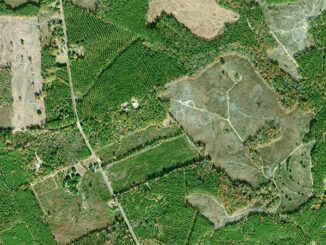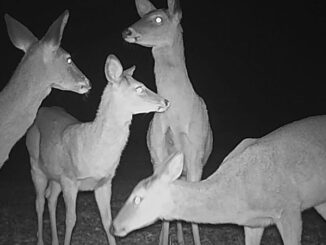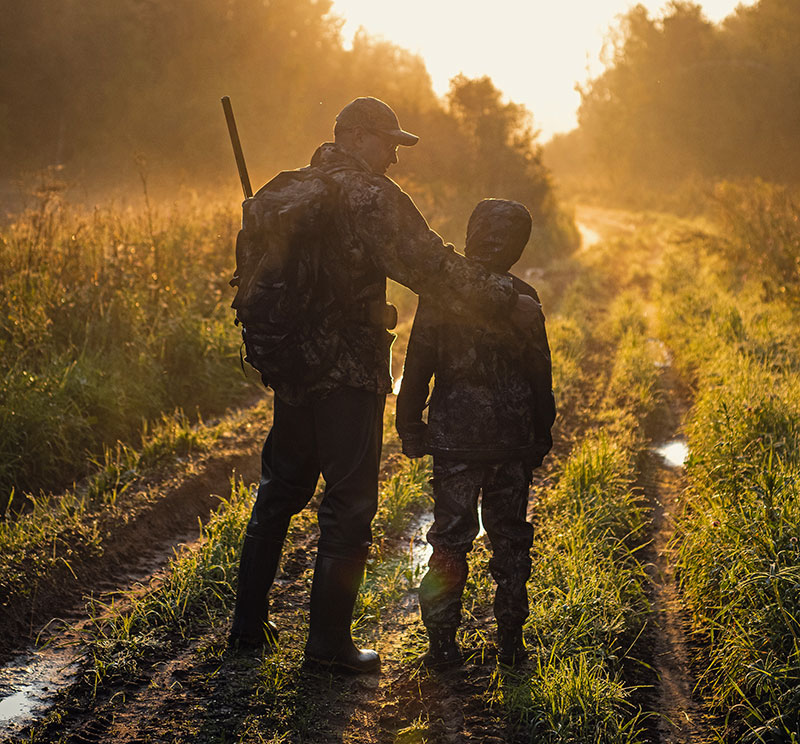 Nobody does more to protect, enhance wildlife and habitat than hunters
Nobody does more to protect, enhance wildlife and habitat than hunters
It was hunters who began the conservation movement in this country and therefore, the name conservationist rightly applies to them. But in today’s changing world, hunters are being viewed as dominators, a term I find to be very offensive.
If you grew up in Louisiana in the fifties or early sixties and you hunted or fished, then you probably grew up reading the Louisiana Conservationist magazine. I grew up in rural Webster Parish, not far from Lake Bistineau, and my early days were spent in the fields, woods and on the lake hunting and fishing. Dad had subscribed to the magazine and I eagerly awaited the arrival of it each month.
One of the first sections I looked at was the letters and pictures sent in to the editor; I wanted to see who was catching and killing what. In the mid-eighties it was no longer vogue to print photos of hunters with dead wildlife because it was offensive to some, so the magazine stopped doing it.
However, Louisiana Sportsman magazine picked up the ball and has been running with it ever since, carrying the torch for true conservationists today.
While researching this story, I stumbled upon a letter from the superintendent of the Bossier Parish Schools in 1962 thanking the Commission for the good work that Mr. J.P. Culpepper was doing with his wildlife presentations to students at the schools. Mr. Culpepper, a wildlife educator, would come to my school, Heflin High School, a couple of times each year during our monthly 4-H meetings and make a wildlife talk. I credit him for perking my interest in wildlife. Later, as I prepared to graduate, I discovered a person could go to college and major in wildlife management, and I was off and running! Today, such presentations are also vital to promoting true conservation and outdoor pursuits.
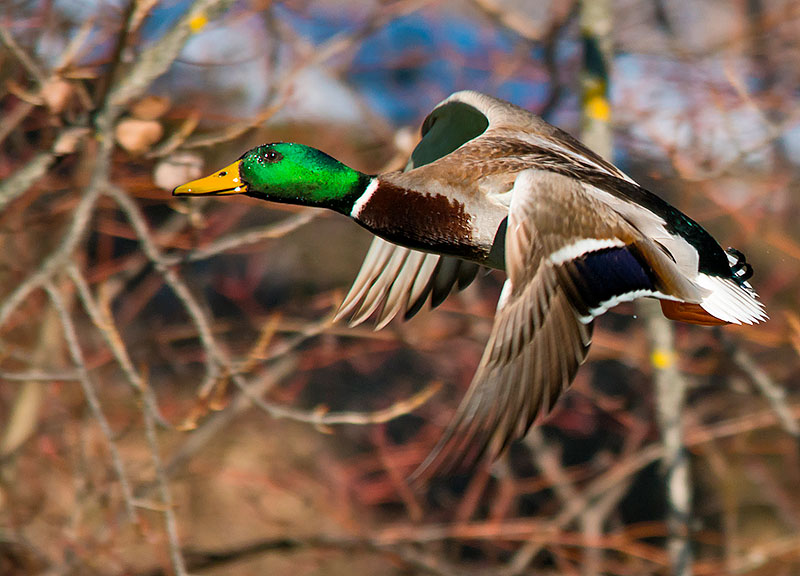
Humble beginnings
The wildlife movement in this country began around 1887 with the establishment of the Boone and Crockett Club by Theodore Roosevelt and several other hunters/outdoorsmen. They were seeing the decline in wildlife populations, especially game animals, and began the process of wildlife restoration across the country. In 1933, the book “Game Management” written by Aldo Leopold was published and provided one of the first textbooks for wildlife management. Leopold is often quoted from his book “A Sand County Almanac,” but you will not see the words “game management” used much in today’s wildlife literature.
Leopold’s opening statement in “Game Management” states “Game management is the art of making land produce sustained annual crops of wild game for recreational use.” Leopold defined hunting as a recreational activity, but again you will not see the words recreational hunting in the professional wildlife print anymore.
When hunting is mentioned in the wildlife literature today, it is always modified by the word “regulated.” Today’s wildlife literature always uses the term regulated hunting when it talks about hunting. Why is this?
Recreational hunting implies that hunters get fun out of killing, and in today’s world, we do not kill for fun. Regulated hunting implies that the hunting is done for a purpose and is strictly regulated with rules and regulations. It implies that hunting is just a tool only used to manage wildlife populations, and if the population is ok, there is no need for hunting.
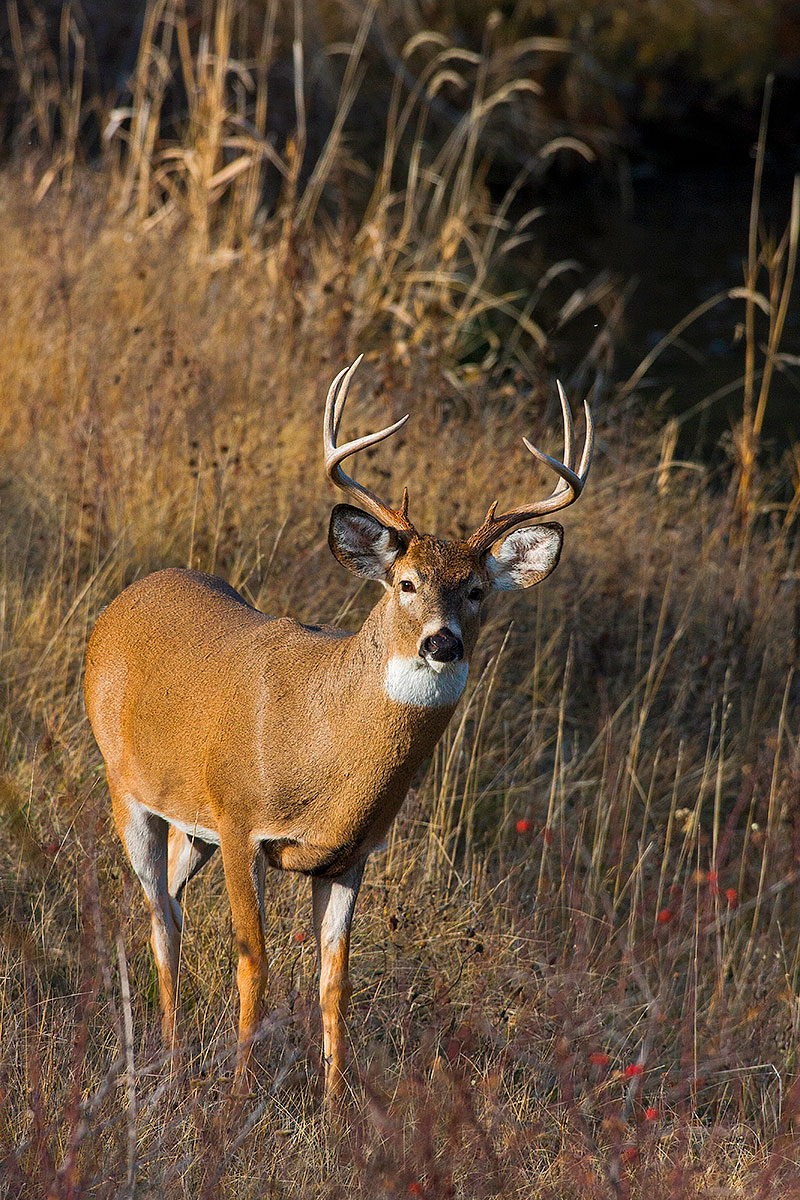
Changing times
You will also not see the word “kill” in wildlife publications; the correct word that must always be used is “harvest.” I remember being told by the LDWF magazine staff when I was writing stories that we no longer use the word kill, it must always be harvest.
The Annual Harvest Survey published by LDWF (and yes, you will not see the word kill in this report) states that about 50% of the deer hunters do not “kill” a deer. I wonder if these hunters were just enjoying themselves in the great outdoors because they did not help with the management of the deer herd! This survey said that deer hunting with guns is the major activity of Louisiana deer hunters, and is the reason that LDWF allows a bucks-only season on wildlife management areas. Hunters enjoy the challenge of finding the rubs, scrapes, etc., with the hopes of connecting with a racked buck. On the Big Lake WMA there are 14 days of bucks-only hunting for hunters, but on the adjacent Tensas River NWR there are zero days of bucks-only hunting. Why? The U.S. Fish and Wildlife Service only allows deer hunting on its lands if it serves the purpose of managing the population, therefore no bucks-only hunting.
Hunters were there at the beginning when the idea of wildlife management began and continue to lead the way financially supporting habitat programs that benefit all species of wildlife, fish, animals and birds. While many people talk the talk about supporting increased funding for wildlife and habitat programs, when it comes down to forking out the money, it is the hunters and fishermen who have always been willing to pay more than their share.
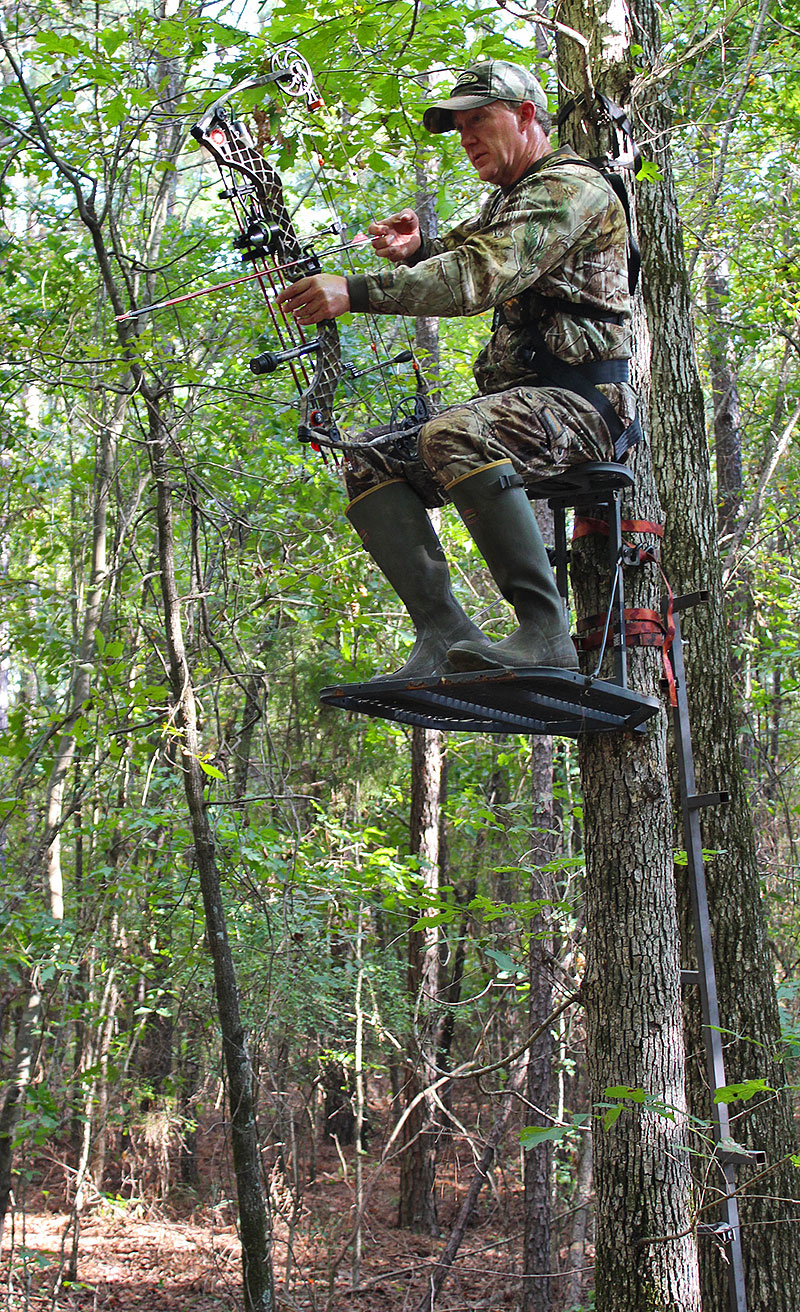
Pay to play
The Louisiana Wild Stamp Program was established years ago as a means of providing non-hunters a way that they could help fund wildlife programs. But guess what? It wasn’t well received and many did not like the idea of having to pay a fee when they were just looking and visiting and not taking from the land. Now the department has established a permit program for those who want to enjoy WMA lands.
This lack of support showed that the non-consumptive users really did not have a vested interest in wildlife conservation. Today, as the baby boomer generation ages and hunter numbers are declining, it is imperative that everyone who enjoys the outdoors needs to step up and pay their share. It is interesting that LDWF has increased the license fee for seniors, which is probably a wise move on their part. Seems like many organizations are trying to get the Boomers to leave their legacy to them, because when they are gone, the money may be gone also.
To say that hunters are not conservationists is like saying the earth is flat. While hunters do consume renewable wildlife resources, they give back so much more than what they take. Again, hunters have always paid the way for wildlife and habitat restoration and management, but they do much more than pay the bills.
Hunters are stewards of the land, doing the work necessary to keep wildlife populations viable and stable. Hunters clean up the woods after hurricanes and create brush piles that provide habitat for rats and mice, the food source for birds of prey and many non-game animals such as snakes. These brush piles also provide winter cover for song birds. The food plots that hunters create and plant provide seed in the spring for a whole host of song birds. My family really enjoys seeing the Blue Grosbeaks, Indigo Buntings and Rose Breasted Grosbeaks feeding on the wheat and oats seed heads in the dove field. My son, Ruffin, and I enjoy texting back and forth while on the deer stand regarding what wintering song birds we are seeing. Many of the deer camps that I have visited over the years often have bluebird boxes set up around the camp.
Hunter cooperation
Hunters provide biologists with important information concerning non-game animals and birds. Hunters assist waterfowl biologists with banding projects. Since hunters are out in the field, they are also usually the first ones to find sick or diseased animals and assist biologists with this work.
Hunter cooperation is a must as LDWF deals with the CWD issue. Hunters are photographers and often provide biologists and foresters with photographs and locations of state record trees or unique habitat sites that need to be saved for future generations to enjoy and appreciate.
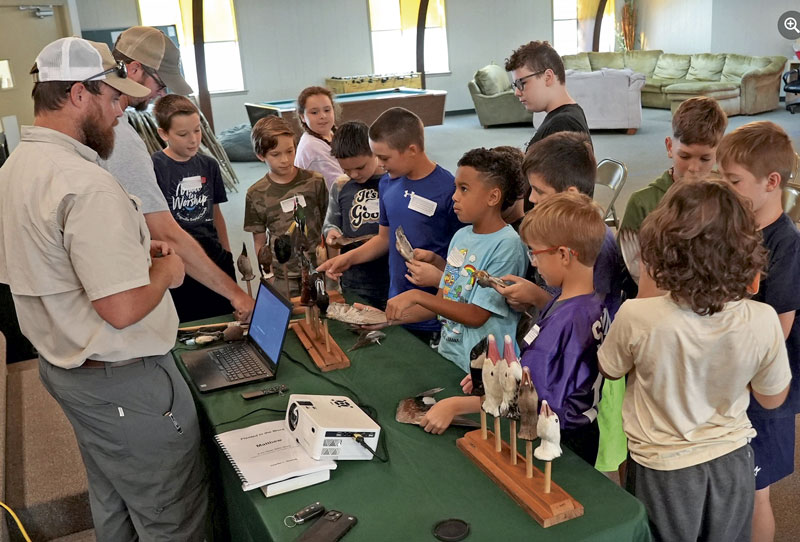
Hunters teach the next generation of Louisiana outdoor enthusiasts to respect the land and wildlife and to always give back to those that have needs. This is often done through hunter education programs, special youth hunts and programs like Hunters for the Hungry.
In Genesis 1:26, God said that man should have dominion over the earth. God did not intend for mankind to eradicate the creatures of the earth and their habitat, but to be good stewards and use these resources wisely. In other words, be a conservationist. And that is what hunters are, and what everyone should be, wise users of our renewable resources.
Have a great hunting season; teach others the fair chase values of hunting; help others to appreciate our great Louisiana outdoors; share your kill with those who cannot hunt; hunt hard, but be safe. And be proud that you are a true conservationist.
